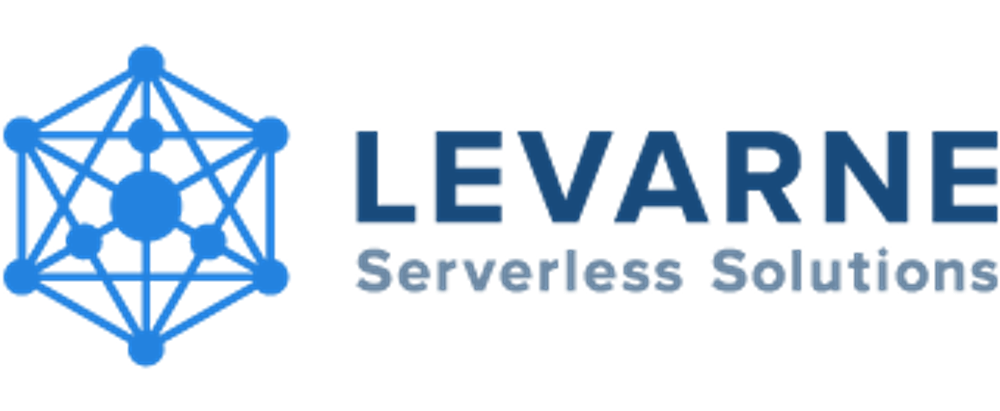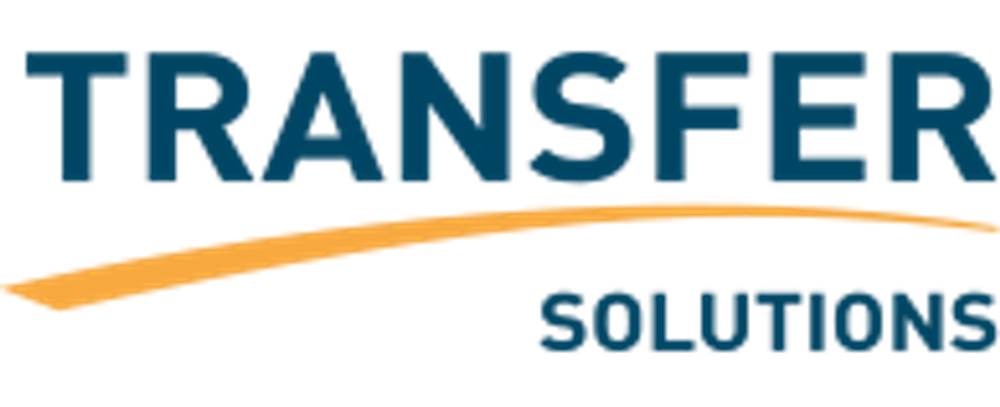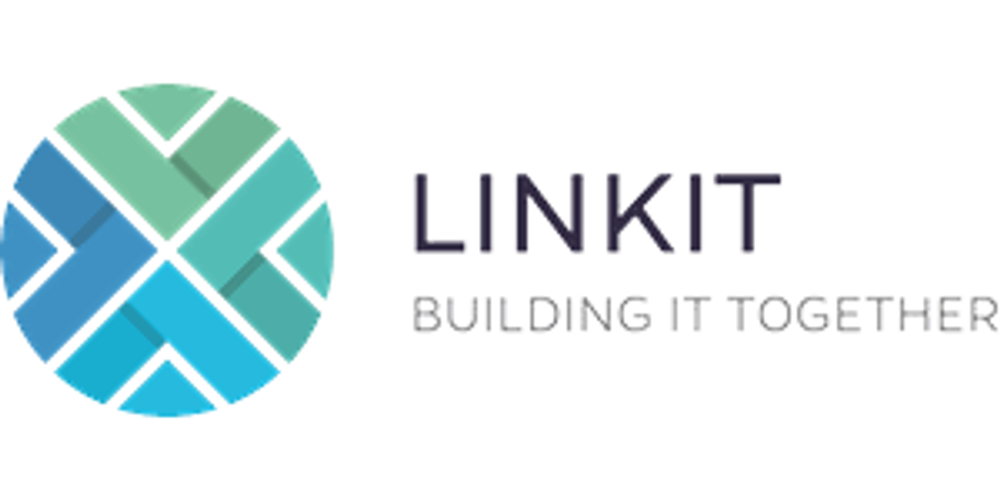The Mendix bootcamp at Goodzo is a programme through which IT professionals without Mendix experience are trained to become Mendix developers/administrators in 12 weeks, one day per week. This programme follows an agile approach based on a real-life project consisting of 4 sprints of 3 weeks each.
The first sprint focuses on the Mendix rapiddeveloper course. This sprint mainly covers theory on domain models, pages, microflows, XPath, and security. The sprint objective is to achieve the rapiddeveloper certification.
After obtaining the rapiddeveloper certification, participants are ready to start the practical project. Sprint 2 marks the kick-off of this project and focuses on the design phase of a Mendix app. You will learn how to translate processes and user requirements into an application design to then build it using Mendix.
In sprint 3, we build upon the foundation laid in sprint 1 by delving deeper into domain models, microflows, and pages. Participants are encouraged to use their creativity and problem-solving skills to connect the knowledge gained so far and create a functional application with added value for end-users. This sprint also covers how to ensure that your app remains manageable and stable as it grows in size.
Sprint 4 is the final sprint, where the project takes more shape. However, a standalone app is rarely as useful as an app integrated with other systems within your organisation. Therefore, this last sprint focuses on integrations. You will learn how to use web services to exchange data automatically with other systems.










